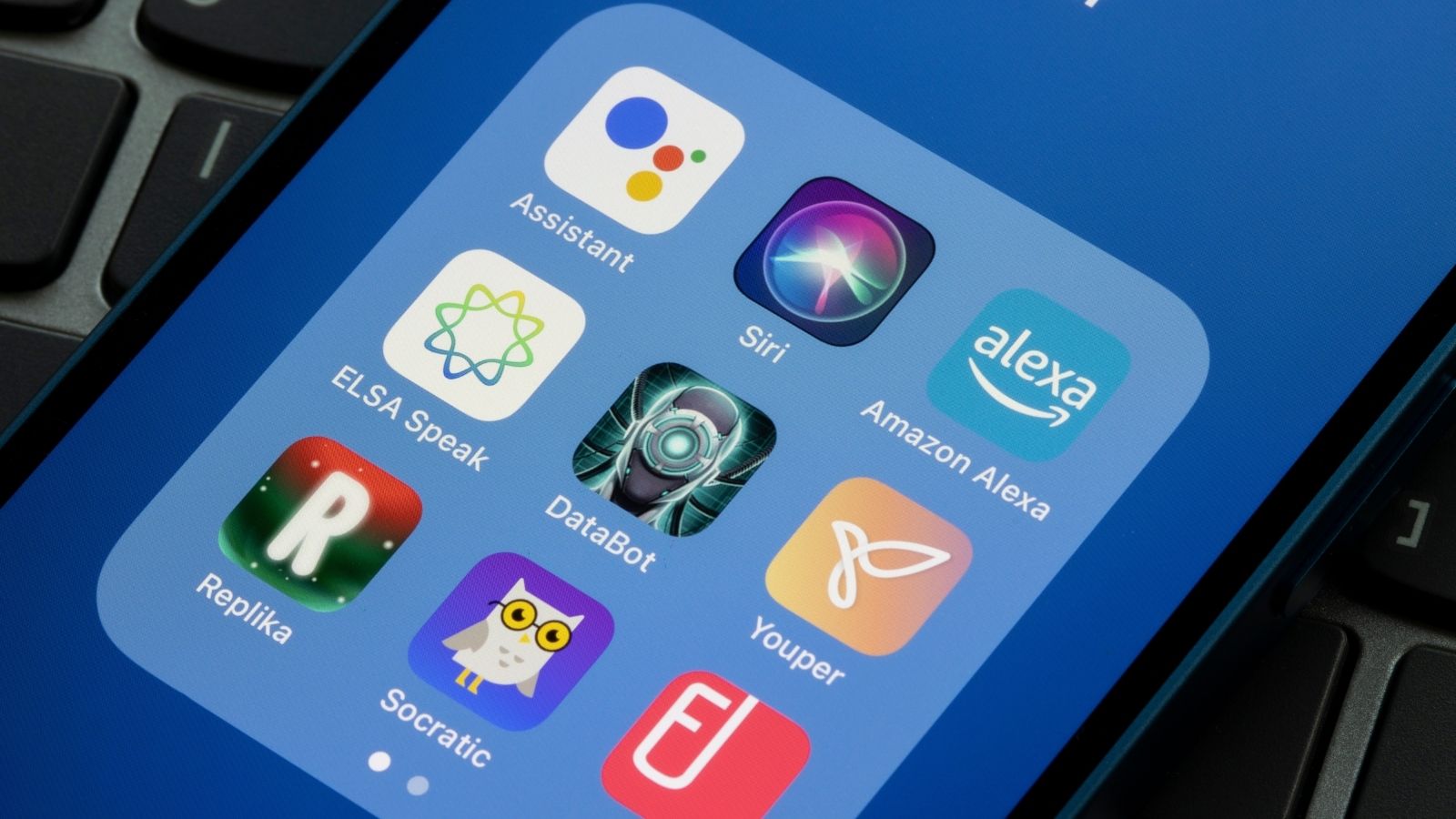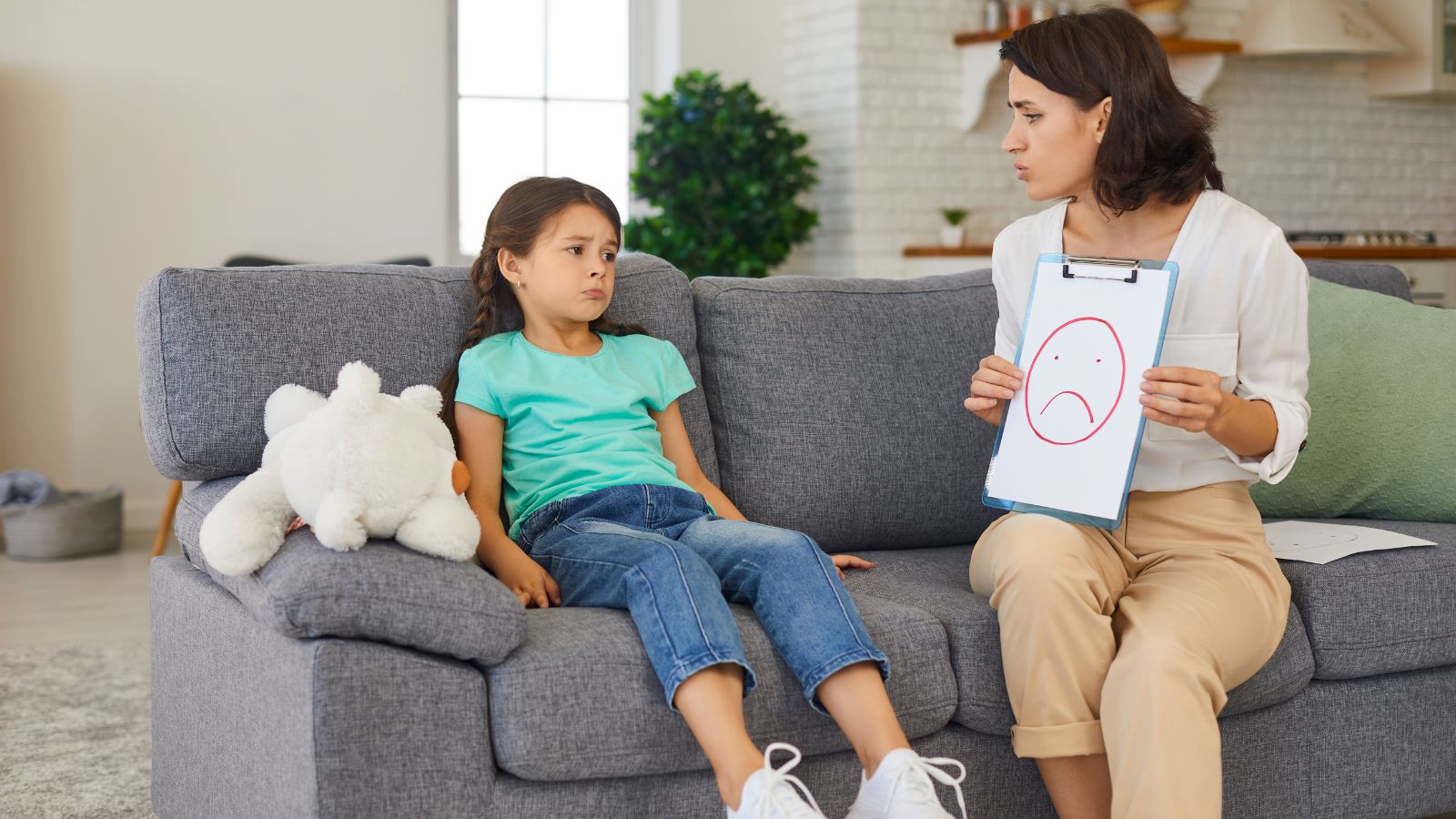As technology becomes an integral part of daily life, it’s also changing the way we parent. From screen time to digital learning, technology plays a massive role in how children grow and develop, with positives and negatives along the way. We look at 21 startling signs technology is increasingly taking over parenting.
Screens as the Default Babysitter

Many parents rely on screens, whether it’s a smartphone, tablet or TV, to occupy their children while they work, run errands, or simply need a break. While this offers convenience, it can also lead to over-dependence on devices for entertainment and learning.
Social Media Parenting Advice

Parents are increasingly turning to platforms like Instagram, TikTok, and YouTube for parenting advice. While these sources can be helpful, they often promote unrealistic standards of parenting or push trends that aren’t always backed by evidence.
Kids Are Learning to Swipe Before They Can Talk

It’s now common to see toddlers expertly navigating apps before they can form complete sentences. Early exposure to technology is reshaping how kids interact with the world, often at the expense of traditional play and learning experiences.
Virtual Playdates and Friendships

In the era of digital communication, many children have online-only friends and virtual playdates via platforms like Zoom or online gaming are becoming more common. This shift can limit face-to-face interactions, which are crucial for developing social skills.
Digital Learning Replacing Physical Classrooms

With the rise of online learning and homeschooling supported by technology, more children are spending their school days in front of screens. While this offers flexibility, it can also contribute to increased isolation and less hands-on learning.
Parental Control Apps

Parental control apps help monitor kids’ online activity and limit screen time, but they can also create a false sense of security. These apps are no substitute for direct involvement in a child’s digital experiences and may leave gaps in teaching responsible tech use.
Screens at the Dinner Table

It’s no longer unusual for family meals to be interrupted by devices, whether it’s parents checking emails or kids scrolling through social media. This trend can interfere with meaningful family interactions and quality time together.
Tech Replacing Toys

Traditional toys are increasingly being replaced by digital versions—whether it’s educational apps, e-readers, or virtual pet games. While these toys are designed to be engaging, they often lack the hands-on, creative play that fosters critical developmental skills.
Overreliance on Digital Trackers

Many parents now use GPS-enabled devices like smartwatches and phones to monitor their kids’ location. While this offers peace of mind, it can lead to over-surveillance and the feeling that children are never truly independent or trusted.
Children Mimicking Influencers

Young children often mimic behaviors and language they see from influencers on platforms like YouTube and TikTok. This can blur the lines between authentic expression and performance, as kids begin to model themselves after online personalities rather than real-world role models.
Smartphones at Younger Ages

It’s becoming common for children as young as seven or eight to have their own smartphones. While this can be useful for safety and communication, early exposure to the digital world can introduce children to cyberbullying, online predators and inappropriate content long before they’re ready.
Technology Taking Over Physical Activity

Instead of playing outside or engaging in sports, many children now spend hours on video games or in virtual worlds. This sedentary lifestyle contributes to physical health problems like obesity and can hinder the development of motor skills and overall fitness.
Digital Nannies: AI Assistants Like Alexa

Many families use AI assistants like Alexa, Google Home, or Siri to entertain or even “teach” their children. These devices can answer questions, play games, or read stories, but they lack the personal interaction, empathy and nuance that real-life parenting offers.
Sleep Disrupted by Screen Time

Late-night use of smartphones and tablets can disrupt a child’s sleep patterns. The blue light emitted by screens interferes with melatonin production, leading to poor-quality sleep and difficulty concentrating during the day, negatively affecting both learning and behavior.
Technology Dictating Parenting Styles

Algorithms in apps and social media can subtly influence parenting choices by bombarding parents with targeted ads and articles on “how to parent.” This can create pressure to follow trends rather than relying on personal instincts or evidence-based methods.
Digital Rewards Replacing Real-World Incentives

Many parents use screen time as a reward or punishment, offering time with devices in exchange for good behavior or completed chores. This digital currency can overshadow other types of rewards that promote intrinsic motivation, like praise or time spent together.
Tech Dependency for Soothing Children

Instead of traditional comfort methods like lullabies or storytelling, many parents turn to YouTube videos or calming apps to soothe fussy children. While these tools can be effective, they may prevent kids from developing healthy self-soothing techniques and emotional regulation.
Kids Spending More Time with Devices Than Family

In many households, kids are spending more time interacting with screens than with their parents or siblings. This overuse of technology can create emotional distance and reduce opportunities for building strong family bonds.
Increased Screen Time Among Parents

Parents are not immune to the lure of technology either. Many find themselves checking emails, scrolling through social media, or binge-watching shows, even when spending time with their children. This can lead to “tech distraction,” where parents are physically present.
Parenting Group Chats

Many parents rely on group chats and social media groups to coordinate playdates, share advice, or keep up with their child’s school activities. While convenient, these platforms can create a sense of disconnection from in-person community support, which is vital for navigating the challenges of parenting.
The Normalization of Virtual Experiences

Many children are now experiencing key life moments—like birthday parties, concerts and even school graduations—virtually. While this can be beneficial in terms of accessibility, it also shifts the balance away from real-life experiences, which are critical for emotional and social development.
18 Reasons Why People Are Leaving Florida in Masses

Exploring factors that impact the desirability of living in Florida, this list delves into various challenges shaping residents’ experiences. From environmental concerns like rising sea levels to economic factors such as fluctuating job markets, these issues collectively contribute to a nuanced understanding of the state’s appeal.
18 Reasons Why People Are Leaving Florida in Masses
